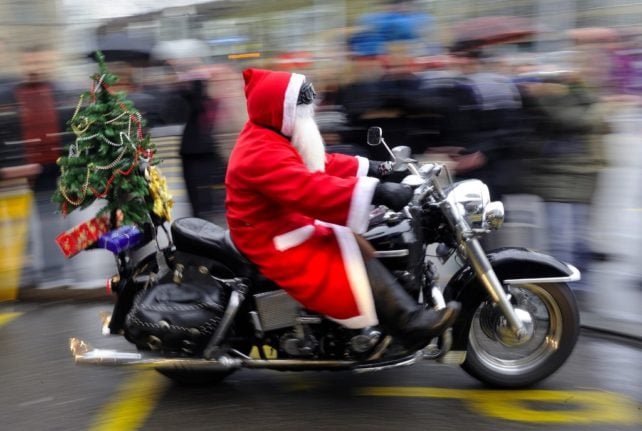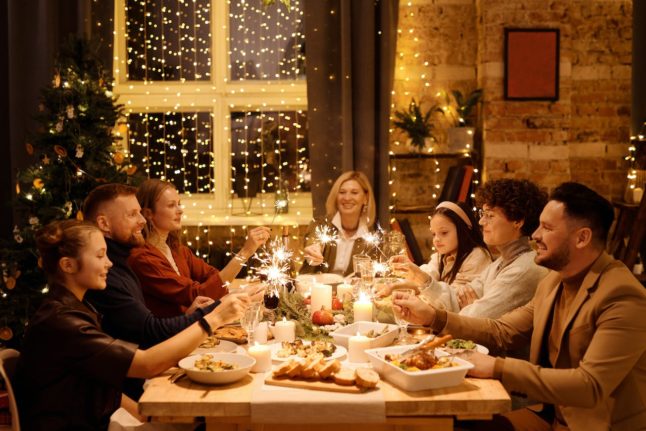Berset said that new rules will be implemented to keep the current epidemiologicall situation from degrading in a way “that we have to enforce a total lockdown in January”.
These are the measures Berset announced:
Get-togethers
Meetings should be limited to 10 people, preferably consisting of two households or two families. This is not an obligation but it is a “very strong recommendation in order to be able to limit the risk of infection”, he said.
Fewer people in shops
In stores, the number of square metres per customer will rise from 4 to 10 starting on December 9th to ensure more space and less people in stores at the same time.
The aim is to prevent clusters of people overcrowding the stores during the busy Christmas season.
Restaurants
READ MORE: 'Not another Ischgl': Switzerland unveils plans to make ski slopes safer this winter
These rules are in addition to national and cantonal measures already in place to curb the spread of infections.
On national level, they include the limit of 10 people for private and public get-togethers, as well as masks worn inside and outdoors in crowded spaces.
Some cantons, mostly in the French-speaking part of the country, went beyond rules mandated on the national level, and included the closure of bars and restaurants, as well as all entertainment and leisure venues like cinemas, theatres, fitness centres, swimming pools, and sports facilities.
In Geneva, restrictions went even further, extending to the closure of all non-essential stores and businesses.
In Switzerland, coronavirus cases jumped in early October as the second wave hit, and the government imposed restrictions.
Daily new case numbers have been falling since hitting a peak around the end of October.
However, “the epidemiological situation in Switzerland remains extremely serious”, the government said, with infection rates stagnating at a high level or even rising in some regions, while hospitals are “still extremely strained”.
So far during the pandemic, 343,101 people have tested positive for the new
coronavirus in Switzerland, while 4,832 people have died.



 Please whitelist us to continue reading.
Please whitelist us to continue reading.
Member comments